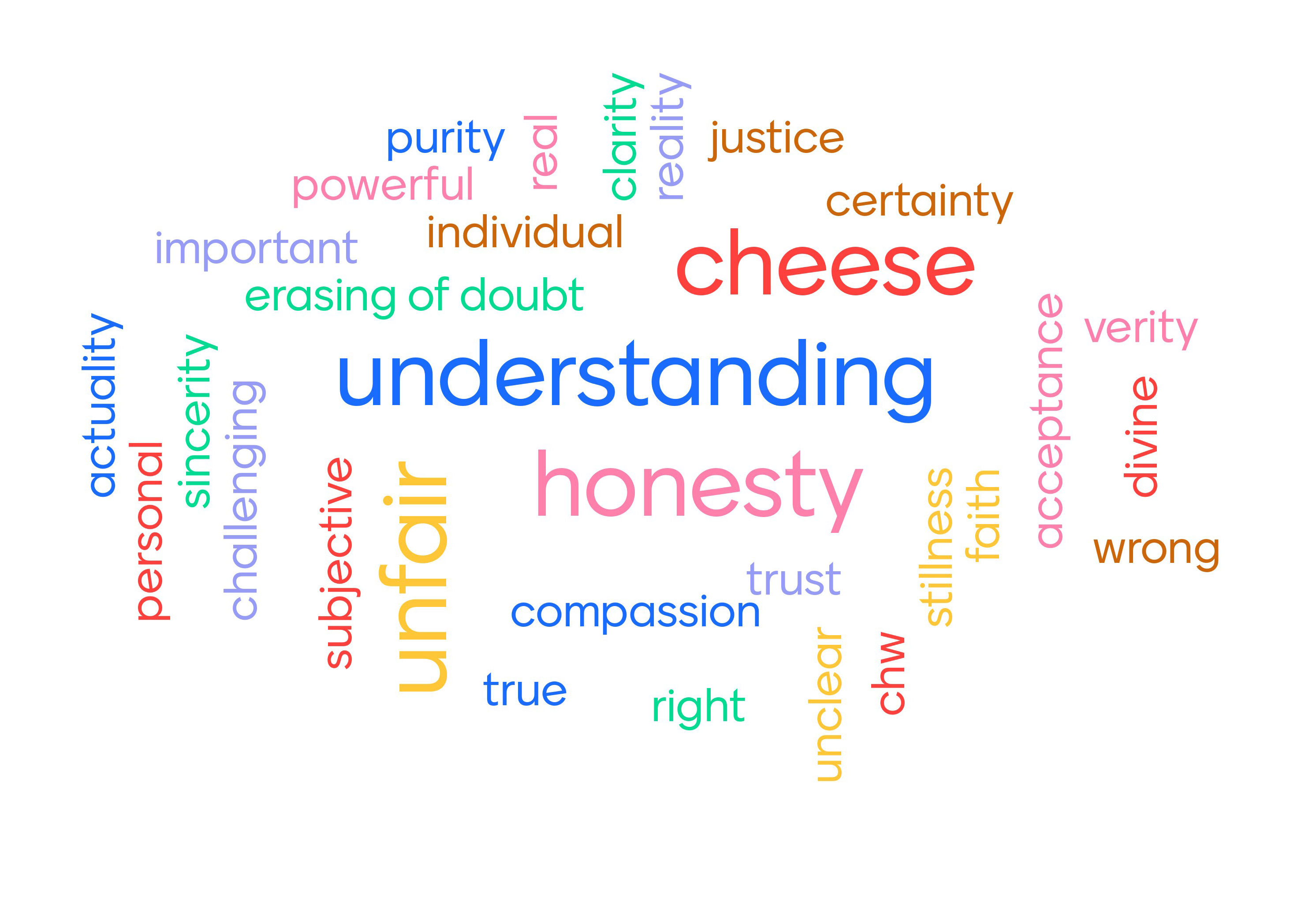Quakers commit to becoming an anti-racist church
Quakers were totally immersed in the slave trade. Not just as abolitionists. They were ship owners, captains, merchants and investors, in ports such as London and Bristol.
This hard truth faced Quakers' representative body this week as they met online to discuss, among other matters, action on racism. They had before them a minute from the church's trustees which said, “Racism exists among Quakers in Britain and must be tackled at all levels."

Quakers generally meet in stillness, listening for the promptings of love and truth. Business meetings include periods of silence. So it was unusual for the music of Jamaican singer-songwriter Bob Marley and the words of a young Black rapper, Dave, to set the scene for moving discernment.
Engaging with Britain's colonial past and complicity of Quakers and other faith organisations in slavery, is a way of laying bare some of the links to current day racism and its structures, suggested Edwina Peart, Diversity and Inclusion Officer for Quakers in Britain.
[QUOTE-START]
Quakers who played a leading role in abolition are now behind the curve. This is a moment of crisis in which the fault lines of inequality are laid bare.
- Edwina Peart for Quakers in Britain
[QUOTE-END]
Edwina Peart said that faith organisations not only played an active role in slavery, they were also an important part of how the story was told and is told. Slave traders are remembered as benefactors. Britain is remembered for abolition not for its role in slavery. As are Quakers. Enslaved and freed Africans' role in abolition is largely erased.
She urged the need to acknowledge the wounds that exist across and within communities. “Amongst people that find themselves on the margins, within those that centre themselves in privileged positions and barely notice this, and everyone in between. It is not enough to acknowledge these wounds, we have to act in ways that help heal them. We have to take this in, into our hearts and heads."
Enabling discernment about racism, Edwina concluded, “Quakers who played a leading role in abolition are now behind the curve. This is a moment of crisis in which the fault lines of inequality are laid bare."
With the music of Bob Marley's “Redemption Song" filling the silence, Edwina Peart asked, “Can we make an active commitment to dismantling institutional racism within Quakers and society" and “Based on our testimonies what is our vision for this work?"
Meeting for Sufferings agreed this minute: “Our testimonies to equality and truth demand that we engage in a drive towards real change, turning our declared intentions into reality. We are called to commit to becoming an actively anti-racist church. Individually we are all on different stages of this journey, which is based on learning, moves through acknowledgment and on to commitment to action based on discernment.
“Friends General Conference in their Epistle of the 2020 Virtual Pre-Gathering of Friends of Color and their Families ask, 'What is the Spirit leading me to do about the historic and ongoing racial pandemic across my meeting, my community, my work environment and my country?'
“The time to act is now, personally and in our area meetings. We welcome the Britain Yearly Meeting (BYM) trustees' minute on racism and look forward to hearing of future developments about the work to which they have committed to centrally."
Meanwhile young Quakers, aged 11 to 18 years old, had also been considering “A Quaker response to racism". They joined Meeting for Sufferings online at the beginning and end of the day. They summarised their commitment in powerful words, music and imagery. Included playing recording of young Black rapper, Dave, and his song, Black, which has these lines:
“Look, black is beautiful, black is excellent
Black is pain, black is joy, black is evident"
And this from young Quaker, Sean: “I think speaking accurately for most of us young Quakers gathered here today, we have all learned new things about racism and social construct, so that we can begin to unlearn and dismantle prejudice that we are taught as a part of our upbringing. Being silent in the face of injustice and cruelty is a problem we must overcome as a society."